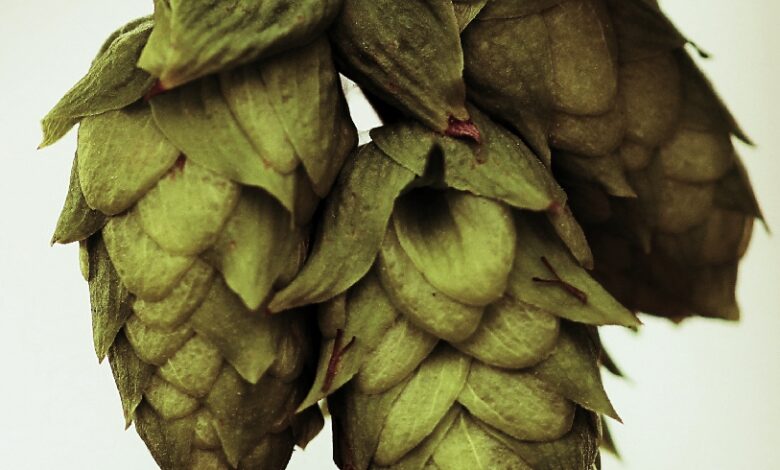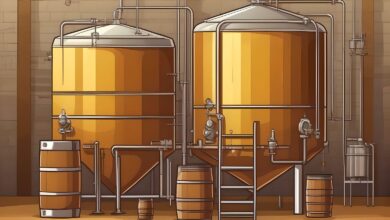What Are Hops Used for in Brewing Beer?

It is common knowledge that hops are one of the key ingredients in beer, but do you know what are hopes used for, exactly?
Hops were used in beer brewing since time immemorial. According to “Food plants of the world: An illustrated guide,” there is evidence of wild hops utilized in making beer as early as 3000 years ago. In Europe, hops were first cultivated in the first half of the 8th century.
At that time, the taste of the beer was not the primary concern of the brewers. Instead, it was important to find an ingredient that would prevent undesirable microorganisms from interfering with the activity of the yeast during the fermentation process. In fact, hops weren’t the first herb used as an antibacterial agent. At first, brewers used a mix of various bitter plants like dandelions, marigold, ground ivy and others. For a period of time hops were even banned in England; they were still occasionally called “wicked and pernicious weed” in the 16th century.
However, hops proved to be the perfect product for sustaining the fermentation process and keeping the unwanted bacteria out; hops also turned out to provide another important benefit: beer brewed with hops was less likely to spoil.
Since today there are better ways to make sure that your beer will stay fresh for a prolonged period of time, the key function of hops changed. Now the hops are added to beer primarily for their bitter taste and characteristic aroma. During the beer-making process, the hops are added to the wort (a liquid made from malt). The two a then boiled together, before the yeast are added to the mix, and the fermentation process begins. Some hops may be added at the later stages of beer-brewing as well, mainly for the purpose of adding hop aroma to the beer.
There are different types of hops; all of them can be somewhat inaccurately divided into two major categories: bittering hops and aroma hops. These types of hops have different chemical composition and are used at different stages of the boiling. We will go into more detail on hop chemistry in our further articles; for now, we will just note that bittering hops are boiled for a longer time (1—2 hours) and are responsible for the bitter taste of beer. Aroma hops are usually added during the last 30 to 10 minutes of the boiling to add non-bitter “hoppy taste” and hop aroma.




